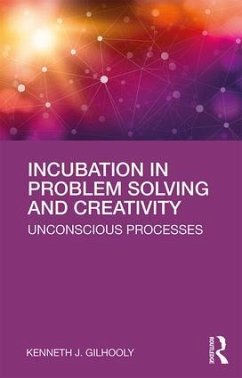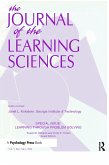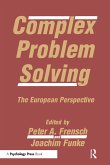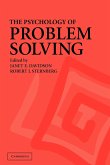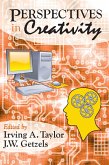Can problems be solved by setting them aside or by sleeping on them? Incubation, the process of stopping conscious work on problems for a set period of time, is an integral part of the creative problem solving process. Providing an overview of the main issues, findings and implications of cognitive research on incubation effects in problem solving and creativity, this book argues that incubation is an effective strategy for tackling problems that do not yield to initial solution attempts. Gilhooly reasons that unconscious work is automatic and explores the underlying processes involved in incubation, providing evidence to showcase the major role of unconscious processing in problem solving. Incubation in Problem Solving and Creativity concludes with a discussion of the implications of unconscious work theory for enhanced problem solving, positioning incubation as an effective and important stage in creative problem solving. This book is an invaluable resource for students and researchers of problem solving, creativity and thinking and reasoning as well as for students from all disciplines taking problem solving modules.
Bitte wählen Sie Ihr Anliegen aus.
Rechnungen
Retourenschein anfordern
Bestellstatus
Storno

